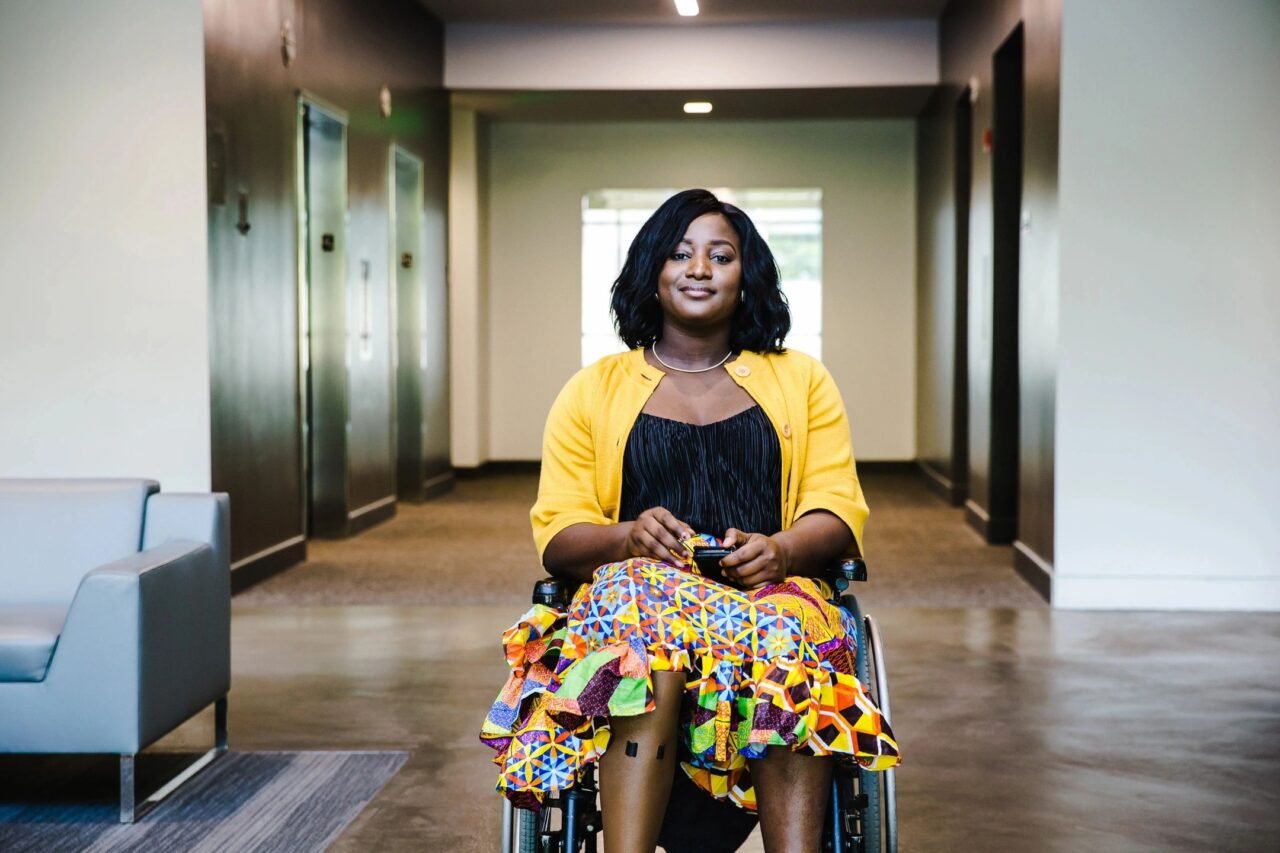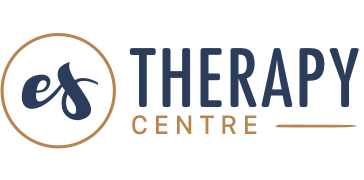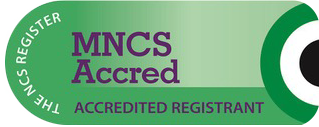Whatever led you to seek therapy, taking action for the first time can feel like a big step. Opening up can be a bit scary, and it may not come easily, especially in the early stages, when you’re still getting to know your therapist. There are no fixed rules on the most effective way to approach therapy. However, some guidelines may help you navigate the early stages of your therapeutic journey.
1 – Think About What You Might Want to Achieve
Before your first session, it may be helpful to ask yourself the following questions:
- Am I ready to explore my feelings and behaviour?
- What do I want to work on?
- Why now?
- What do I hope to get out of therapy?
If you’re considering therapy, taking some time to reflect on these questions is a good place to start. Consider setting some small goals that you feel are achievable. Narrowing in on it will help you and your therapist get to work. Your goals may change throughout treatment, and that’s normal, but it helps to have a focus.
2 – Choose Carefully
Like any relationship, it is crucial to find the right fit. Before you start, it’s advisable to do some research and check out potential therapists’ backgrounds, specialities and fees. Once you have a list of candidates based on your research, schedule some phone calls or send enquiry emails.
Many therapists offer complimentary 15-minute consultations to learn about your circumstances and determine how therapy may benefit you. Complimentary consultations are also a good opportunity to assess whether you feel comfortable talking to and being vulnerable with the therapist. You should not feel obligated to book any further therapy sessions.
3 – The Logistics of Therapy
The first time you meet your therapist is also an opportunity to ask some practical questions, including:
- Billing information and the cost of therapy
- What’s the cancellation policy?
- How frequently will you meet?
- How many sessions can you expect to have?
- What training did you receive?
- Do you have experience working with people who have concerns like mine?
- Are you registered with a professional membership body?
4 – Have an Open Mind
As daunting as it may be, try to be open and honest about your thoughts and feelings. Your therapist can only help you if they know what you’re experiencing. The first session is an opportunity to meet and get to know each other and how you may work together. Don’t be surprised if you experience raw emotions during your first session. Whatever reactions you have throughout the therapeutic process are valid and acceptable.
5 – Manage Your Expectations
Therapy is a process of developing insights, overcoming obstacles, and setting and achieving goals. It is unlikely that you will discover solutions during your first session. Just like it takes time for problems to arise and interfere with your life, it takes time to untangle and work through them.
For best results, you should aim to implement the tools you’ve learned in therapy into your day-to-day life. Some clients find it helpful to keep a reflective journal or diary. Others focus on self-care activities like mindfulness or meditation. If you’re unsure what to do, ask your therapist for suggestions.
6 – Keep an Open Line of Communication
It is important to remember that therapy is for the client. If something is not working, or if you become uncomfortable about your therapy at any point, it is perfectly OK to stop and ask questions.
It may be that you feel you don’t connect with the first therapist you meet. Sometimes, this is a matter of time and may take a few sessions. However, ultimately, if you feel that you cannot trust your therapist it may be worth considering a change of therapist. This can happen. We don’t always connect with everyone we meet, therapy is no different.







